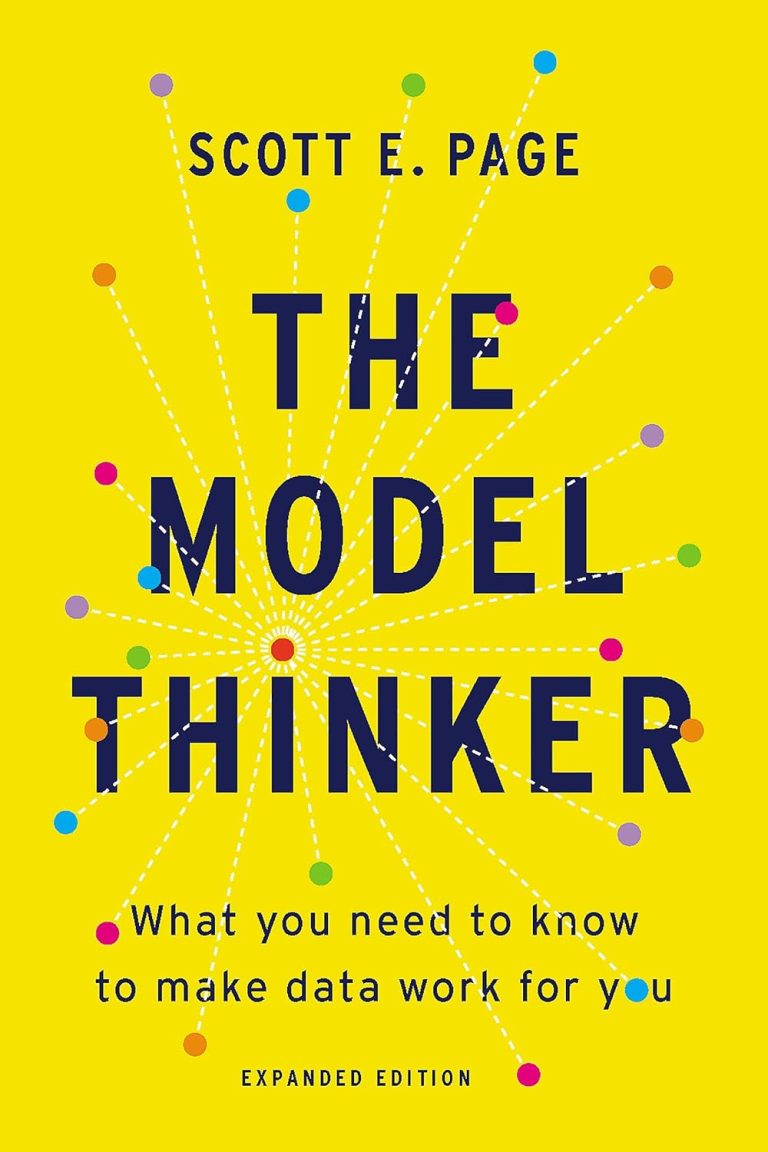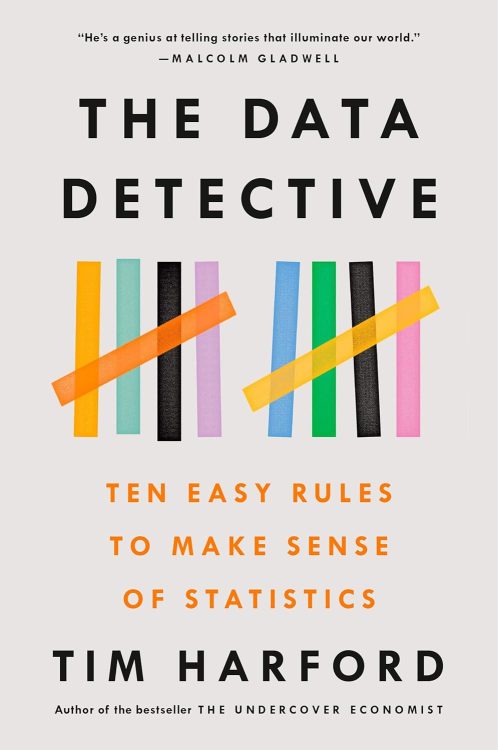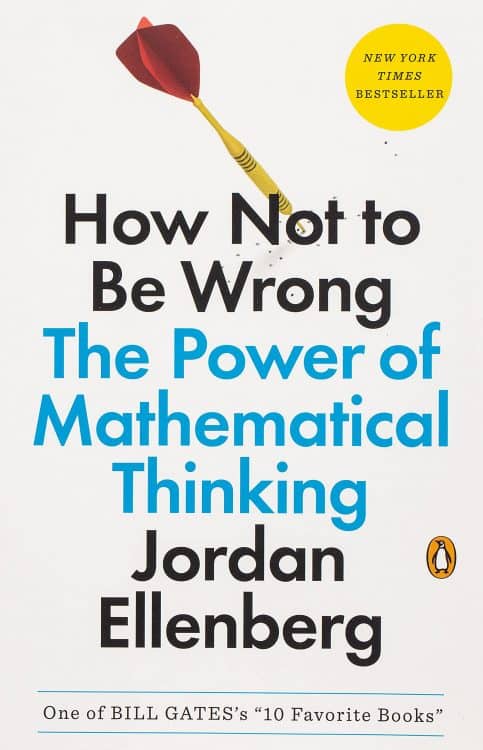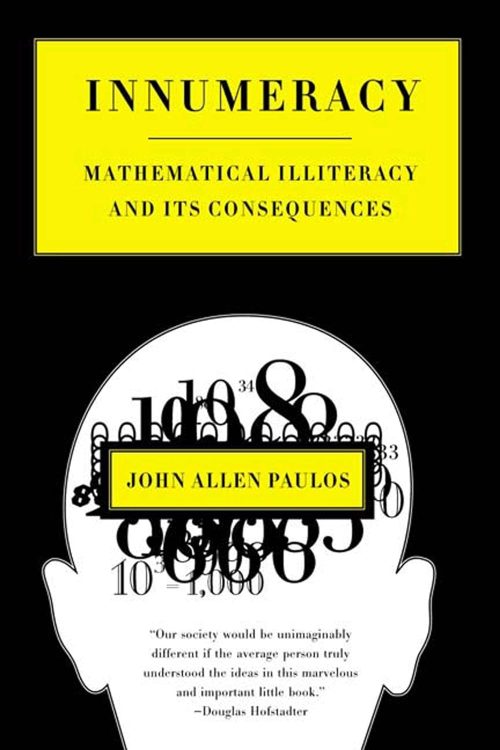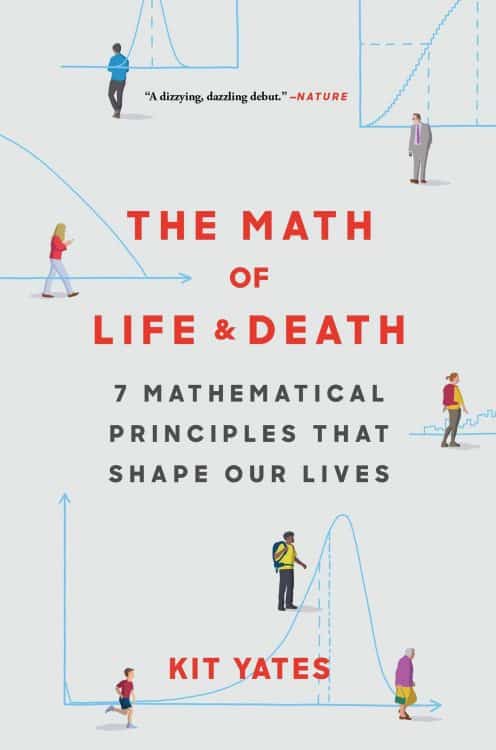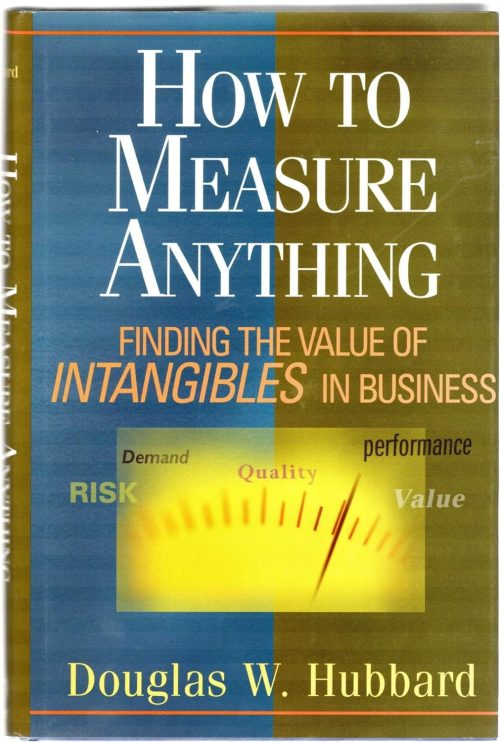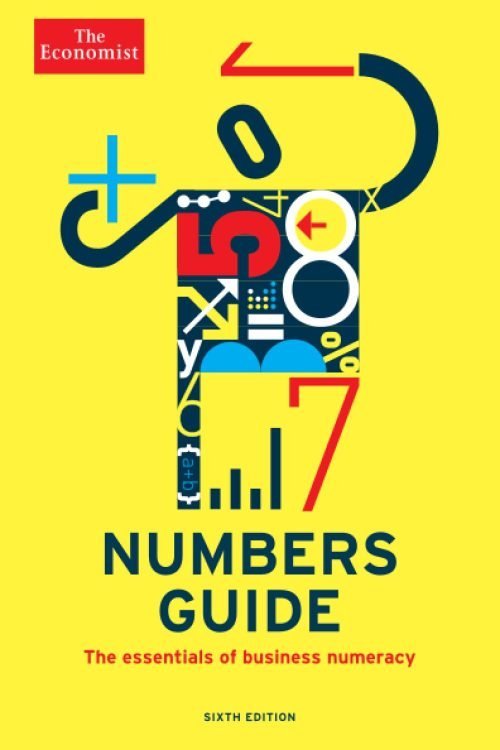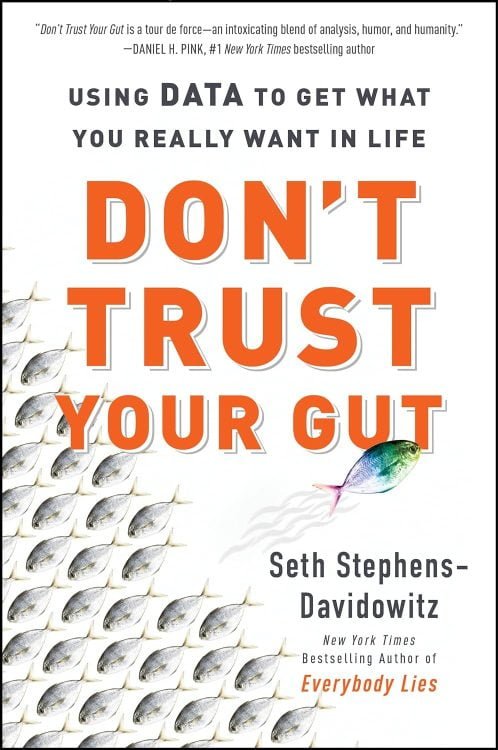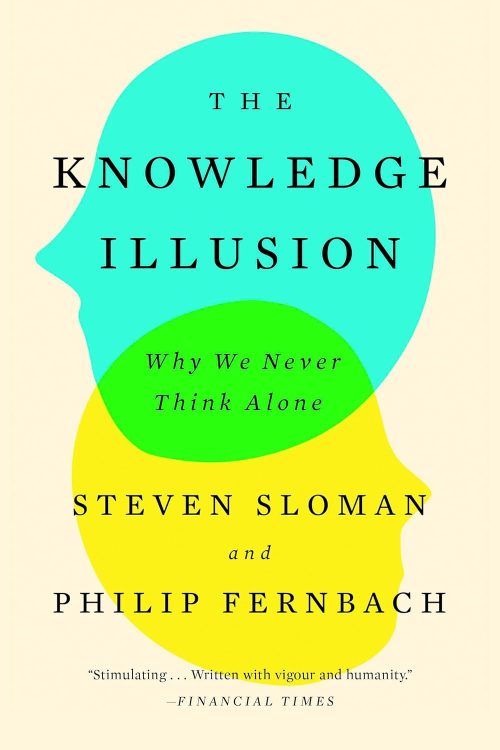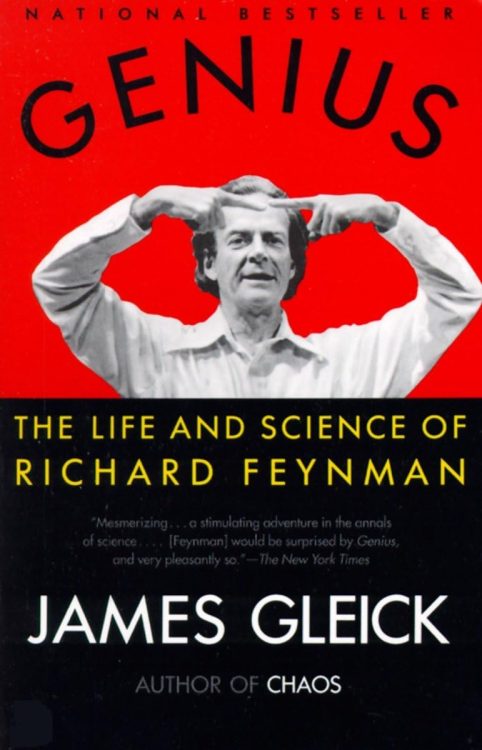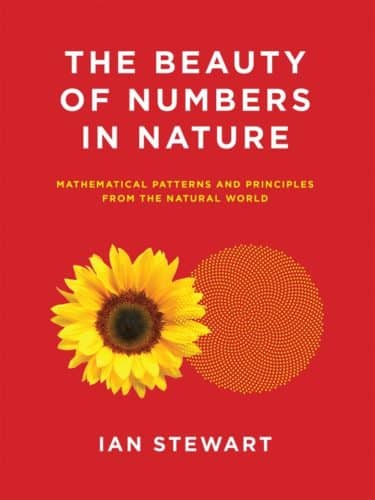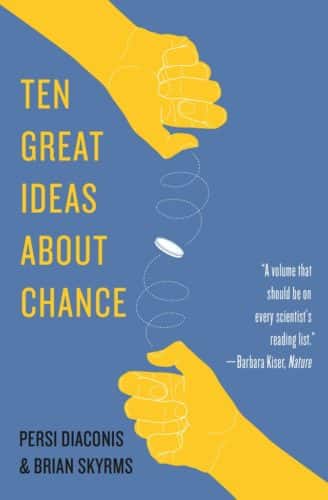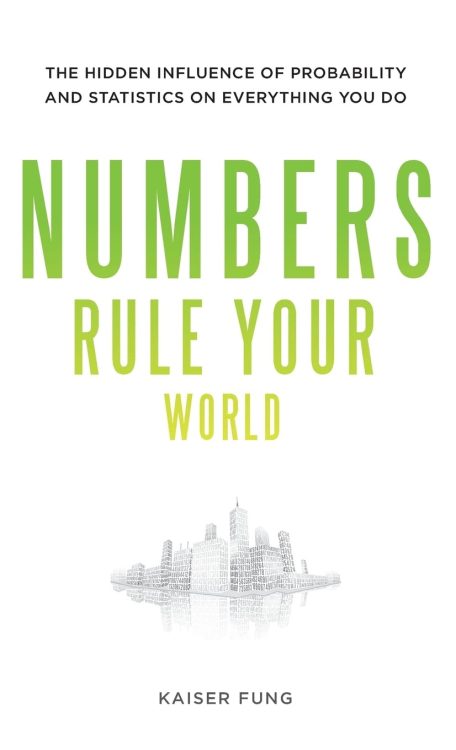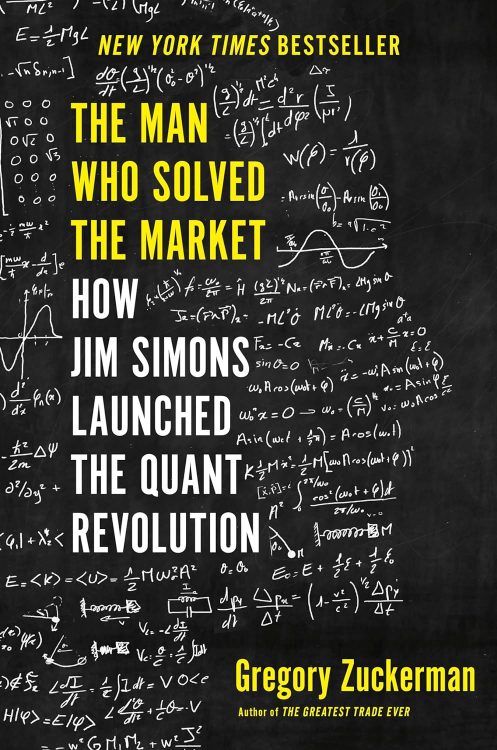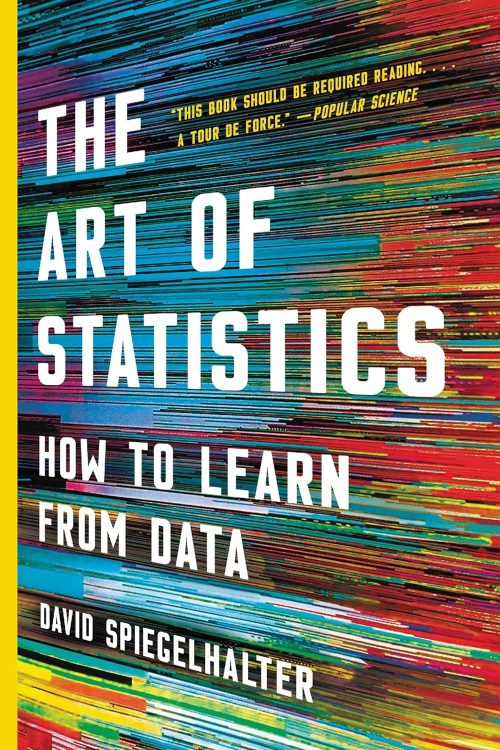In the age of big data, being able to interpret an ocean of information is not just valuable but essential. “The Model Thinker” by Scott E. Page is an ambitious and insightful guide that aims to equip readers with the mental tools needed to analyze complex data sets and make better decisions. Page, a seasoned social scientist, dives into the realm of mathematical, statistical, and computational models to provide a robust framework for understanding our increasingly quantitative world.
“The Model Thinker” isn’t just another book about data analysis. It’s an exploration of how models can elevate our cognitive abilities. The central tenet of Page’s work lies in his “many-model paradigm.” This approach challenges the reader to apply a variety of models to a given set of data, ensuring a multi-faceted analysis that emphasizes diversity in problem-solving techniques.
Page goes to great lengths to make the content accessible, providing clear examples and avoiding unnecessary jargon. He discusses linear regression, random walks, and other complex topics in a manner that is digestible for readers with varying levels of expertise. However, it is the application of these models to real-world problems, from the stock market to genomic research, where Page truly excels.
His narrative moves beyond theory, pushing readers to explore how these models operate within daily contexts. This applied focus helps bridge the gap between abstract concepts and their practical utility. “The Model Thinker” doesn’t just talk about models; it demonstrates their power.
Scott E. Page writes with clarity and enthusiasm. His passion for the subject matter shines through and helps maintain the momentum across dense topics. He strikes a balance between being informative and engaging—an accomplishment in a book that could easily become bogged down by complexity.
The book has a rhythm that caters to patient readers willing to invest time to understand the intricacies of different models. Nevertheless, some may find certain sections challenging without a background in statistics or computer science. As such, “The Model Thinker” is highly rewarding for those who persist through its demanding chapters.
In conclusion, “The Model Thinker” is a stimulating read that offers a wealth of knowledge to anyone willing to peel back the layers of complexity surrounding data analysis. Scott E. Page has crafted a book that is both a reference and a manifesto, pushing us to adopt a broader outlook on problem solving. For students, scientists, business professionals, and anyone inquisitive about the mechanics of decision-making, this book is a comprehensive and invaluable resource.

